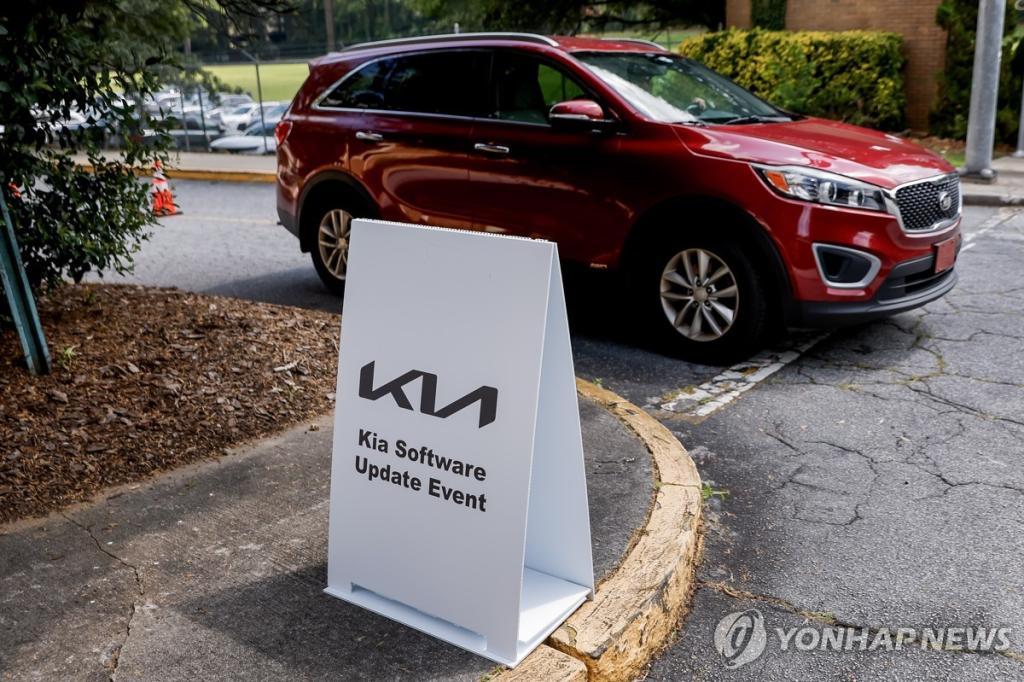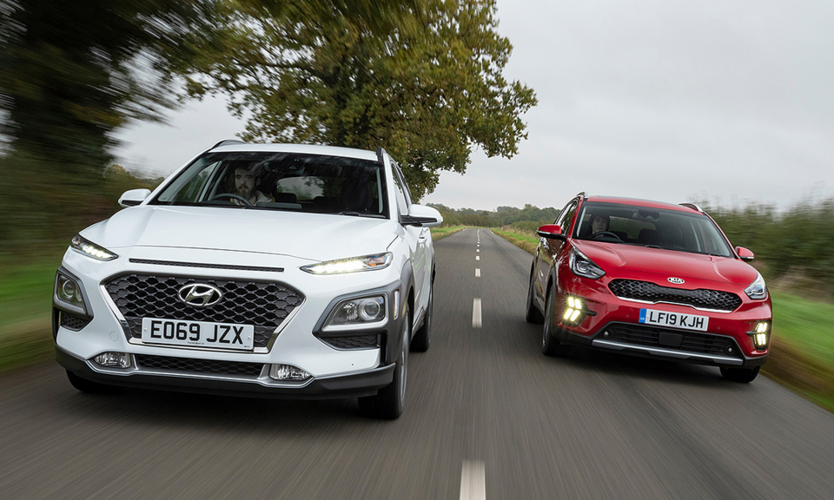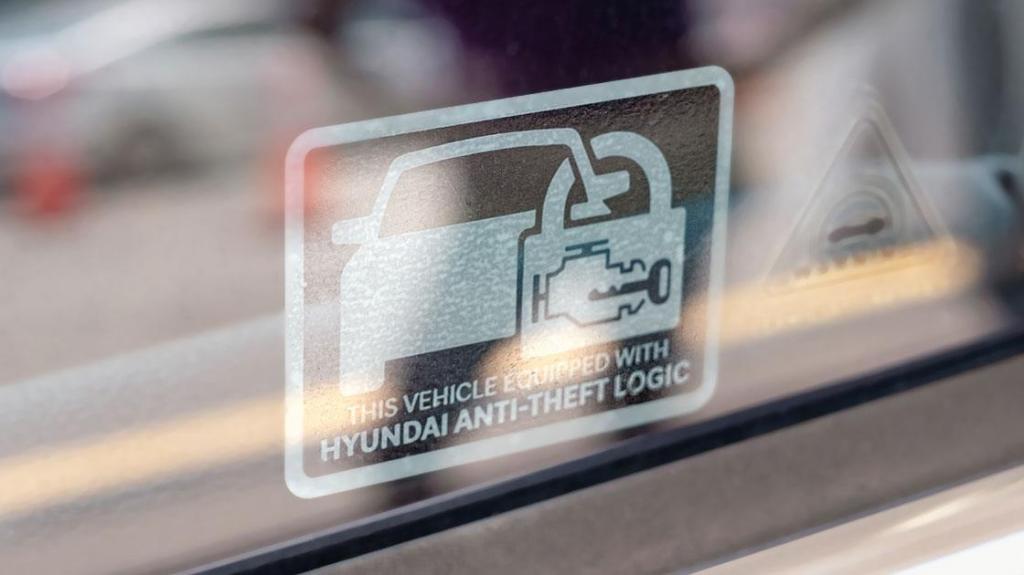Hyundai and Kia Battle Vehicle Theft with New Security Tech
Discover how Hyundai and Kia's innovative anti-theft software drastically reduces vehicle thefts and enhances security for owners.

Key Points
- Hyundai
and Kia have implemented anti-theft software updates that have reduced vehicle theft claims by up to 64%.
- The effectiveness of the upgrades is dependent on owners locking their vehicles properly using the key fob.
- Despite the improvements, vandalism claims have increased due to failed theft attempts, highlighting ongoing security challenges.
The automotive industry has always been at the forefront of technological innovation, but recent trends have pushed manufacturers like Hyundai and Kia to adapt more urgently to the growing threat of vehicle theft. As the number of thefts surged dramatically over the past few years, largely driven by viral social media trends, these manufacturers have responded with a groundbreaking software update aimed at enhancing vehicle security. With substantial evidence indicating the effectiveness of these measures, there's good reason to explore how they are reshaping vehicle safety.

The Increased Threat of Vehicle Theft
In the past few years, thefts of Hyundai and Kia vehicles have surged by over 1,000%. This spike coincided with social media tutorials on how to bypass the cars' security systems, particularly targeting models manufactured between 2015 and 2019 that lack standard anti-theft features like electronic immobilizers. These vehicles became prime targets for thieves, who found them exceptionally easy to steal using basic tools like USB cables.
Recognizing the urgent need for a solution, Hyundai and Kia began implementing anti-theft software upgrades in February 2023. This update mandates the presence of the owner's key in the ignition to start the vehicle, effectively acting as a software-based immobilizer. As a result, the frequency of theft claims has plummeted by 64% for cars equipped with the upgrade compared to those without it.

Statistics Backing the Technology
According to data from the
(HLDI), approximately 60% of eligible Hyundai and Kia vehicles have received the security software update as of mid-2024. Among those who implemented the upgrade, theft claim frequencies were reported to be 53% lower than for vehicles that did not receive the update. Additionally, vehicles equipped with the anti-theft software are now regarded as significantly less vulnerable, with many users noting a distinct decrease in theft attempts.
However, challenges remain. The HLDI has pointed out that the enhanced security measures will only activate if owners lock their vehicles using the fob rather than the traditional metal key. This detail underscores a crucial point: the effectiveness of vehicle security is inherently tied to owner behavior. Many owners still use the door handle switch out of habit, which can leave their vehicles vulnerable even with the new technology in place.

Further Implications and Insights
The rise in theft attempts has led to unintended consequences, with a parallel increase in vandalism claims. Many attempted thefts result in damage to vehicles, as thieves break windows or cause interior destruction in their efforts to steal. The frequency of such vandalism claims for affected Hyundai and Kia models is reported to be as much as five times higher compared to vehicles from other brands.
This phenomenon raises important questions about the cycle of theft and response measures. As thefts of Hyundai and Kia vehicles begin to decline due to improved protective technology, it is reasonable to expect that as the novelty of stealing these models fades, overall theft rates will also decrease further.
The automotive industry is experiencing significant advancements in security technology, but it is equally essential for vehicle owners to remain vigilant and proactive in ensuring their vehicles are adequately secured. By following recommended practices and engaging with their manufacturers' latest solutions, owners can contribute to the fight against vehicle theft while enhancing the security of their investments.
In summary, Hyundai and Kia's implementation of anti-theft software updates marks a significant milestone in automotive security. Despite the highs of theft rates in the past, these new measures show promise in safeguarding vehicles and enhancing peace of mind for owners. Ultimately, it is a collaborative effort between the manufacturers and vehicle owners that will truly eliminate this concerning trend in vehicle theft.


